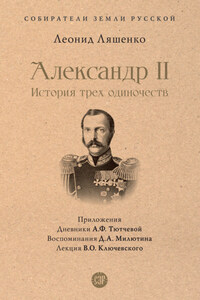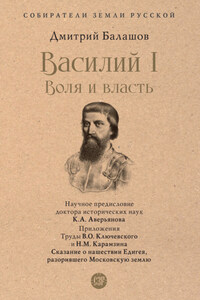Published by HarperCollinsPublishers Ltd
1 London Bridge Street
London SE1 9GF
www.harpercollins.co.uk
First published in Great Britain by HarperCollinsPublishers 2001
Copyright © Bernard Cornwell 2001
Cover design by Holly Macdonald © HarperCollinsPublishers Ltd 2018
Cover images © ClassicStock/Alamy Stock Photo (street scene); Shutterstock.com (texture)
Bernard Cornwell asserts the moral right to be identified as the author of this work.
A catalogue copy of this book is available from the British Library.
This novel is entirely a work of fiction. The names, characters and incidents portrayed in it, while at times based on historical events and figures, are the work of the author’s imagination.
All rights reserved under International and Pan-American Copyright Conventions. By payment of the required fees, you have been granted the non-exclusive, non-transferable right to access and read the text of this e-book on screen. No part of this text may be reproduced, transmitted, down-loaded, decompiled, reverse engineered, or stored in or introduced into any information storage and retrieval system, in any form or by any means, whether electronic or mechanical, now known or hereinafter invented, without the express written permission of HarperCollins.
Source ISBN: 9780007437559
Ebook Edition © June 2010 ISBN: 9780007339518
Version: 2018-10-01
Sir Henry Forrest, banker and alderman of the City of London, almost gagged when he entered the Press Yard for the smell was terrible, worse than the reek of the sewer outflows where the Fleet Ditch oozed into the Thames. It was a stink from the cesspits of hell, an eye-watering stench that took a man’s breath away and made Sir Henry take an involuntary step backwards, clap a handkerchief to his nose and hold his breath for fear that he was about to vomit.
Sir Henry’s guide chuckled. ‘I don’t notice the smell no more, sir,’ he said, ‘but I suppose it’s mortal bad in its way, mortal bad. Mind the steps here, sir, do mind ’em.’
Sir Henry gingerly took the handkerchief away and forced himself to speak. ‘Why is it called the Press Yard?’
‘In days gone by, sir, this is where the prisoners was pressed. They was squashed, sir. Weighed down by stones, sir, to persuade them to tell the truth. We don’t do it any longer, sir, more’s the pity, and as a consequence they lies like India rugs, sir, like India rugs.’ The guide, one of the prison’s turnkeys, was a fat man with leather breeches, a stained coat, and a stout billy club. He laughed. ‘There ain’t a guilty man or woman in here, sir, not if you asks them!’
Sir Henry tried to keep his breathing shallow so he would not have to inhale the noxious miasma of ordure, sweat and rot. ‘There is sanitation here?’ he asked.
‘Very up to date, Sir Henry, very up to date. Proper drains in Newgate, sir. We spoils them, we do, but they’re filthy animals, sir, filthy. They fouls their own nest, sir, that’s what they do, they fouls their own nest.’ The turnkey closed and bolted the barred gate by which they had entered the yard. ‘The condemned have the freedom of the Press Yard, sir, during daylight,’ he said, ‘except on high days and holidays like today.’ He grinned, letting Sir Henry know that this was a jest. ‘They has to wait till we’re done, sir, and if you turn to your left you can join Mister Brown and the other gentlemen in the Association Room.’
‘The Association Room?’ Sir Henry enquired.
‘Where the condemned associate, sir, during the daylight hours, sir,’ the turnkey explained, ‘except on high days and holidays like this one is today, sir, and those windows to your left, sir, those are the salt boxes.’
Sir Henry saw at the end of the yard, which was very narrow and long, fifteen barred windows. The windows were small, dark-shadowed and on three floors, and the cells behind those windows were called the salt boxes. He had no idea why they were called that and he did not like to ask in case he encouraged more of the turnkey’s coarse humour, but Sir Henry knew that the fifteen salt boxes were also known as the devil’s waiting rooms and the antechambers of hell. They were Newgate’s condemned cells. A doomed man, his eyes a mere glitter behind the thick bars, stared back at Sir Henry who turned away as the turnkey hauled open the heavy door of the Association Room. ‘Obliged to you, Sir Henry, obliged, I’m sure,’ the turnkey knuckled his forehead as Sir Henry offered him a shilling in thanks for his guidance through the prison’s labyrinthine passages.
Sir Henry stepped into the Association Room where he was greeted by the Keeper, William Brown, a lugubrious man with a bald head and heavy jowls. A stout priest wearing an old-fashioned wig, a cassock, stained surplice and Geneva bands stood smiling unctuously beside the Keeper. ‘Pray allow me to name the Ordinary,’ the Keeper said, ‘the Reverend Doctor Horace Cotton. Sir Henry Forrest.’














